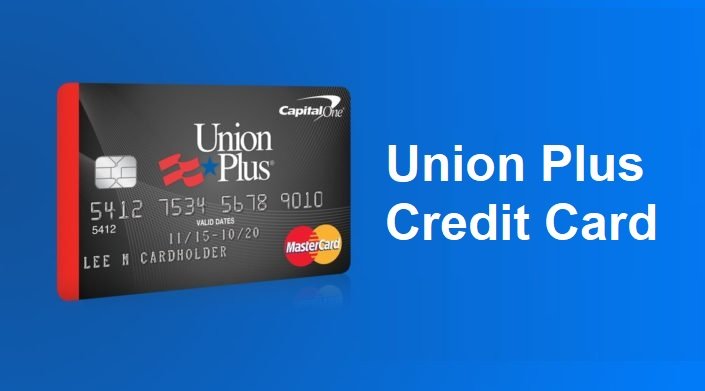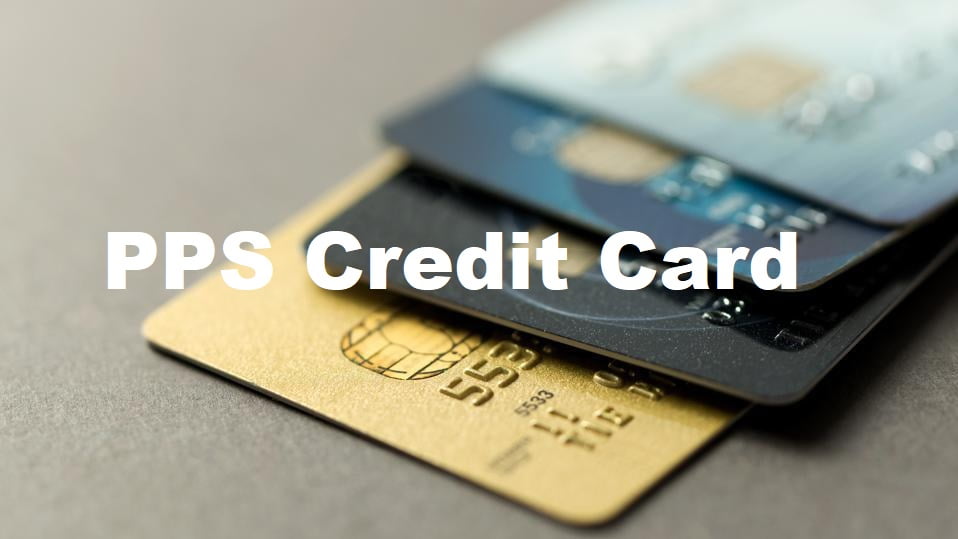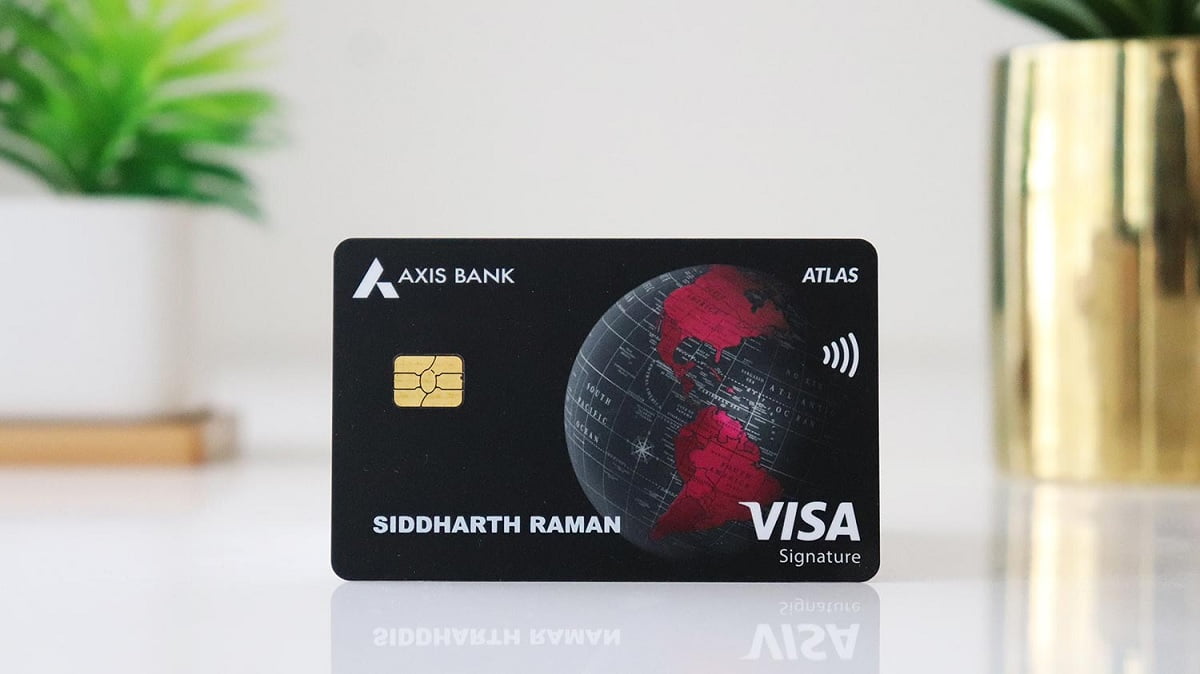Union Plus Credit Card Review 2025

The Union Plus Credit Card is a unique credit card specifically designed for union members and their families. With cashback rewards, discounts, and other perks tailored for union households, the Union Plus Credit Card aims to provide added value to hard-working union members. In this comprehensive guide, we’ll explore the key features, benefits, drawbacks, and fine print of the Union Plus Credit Card to help you determine if it’s the right card for you.
Overview of the Union Plus Credit Card
The Union Plus Credit Card is issued by Capital One through a partnership with Union Privilege. Union Privilege is the member benefits program of the AFL-CIO union. The card offers the following key features and benefits:
- Earn unlimited 1.5% cash back on all purchases
- 0% intro APR on purchases and balance transfers for 12 months
- Ongoing APR of 14.99% – 24.99% Variable
- No annual fee
- Exclusive discounts and benefits for union members
- $100 credit after spending $500 in the first 90 days
The card is designed for union members, retirees, and their families specifically. To qualify, you or your spouse must be a current or retired member of a participating union or AFL-CIO union. Over 25 unions participate in the Union Plus program.
Cash Back Rewards and Savings
The Union Plus Credit Card offers a flat 1.5% cash back on all purchases with no limit on earnings. This can add up, especially for those with high spending. There are no rotating bonus categories to keep track of, like some other cash-back cards. All purchases earn 1.5% back automatically.
In addition to the cashback, Union Plus cardholders get access to over 20 exclusive discounts and benefits. These include discounts on wireless plans, insurance, travel, entertainment, shopping, and more. For example, cardholders can save 15% on AT&T Wireless plans and 5% off select hotels. The savings from these discounts can equal or even exceed the cashback for some users.
For union members who want to save at the pump, the Union Plus Credit Card provides a 10% discount on gas purchases at participating stations. Many unions also offer member-only discounts and benefits that stack on top of the savings with the Union Plus card.
Introductory 0% APR Offer
New Union Plus Credit Card applicants can enjoy a 0% intro APR on both purchases and balance transfers for the first 12 months when opening a new account. This intro period allows union members to finance large purchases over 12 months or transfer existing balances from high-APR cards at no interest.
After the intro period, the ongoing purchase and balance transfer APR ranges between 14.99% and 24.99% variable, depending on creditworthiness. There is no penalty APR. This APR range is fairly competitive for cash-back credit cards. Those with good credit can qualify for the lower end of the range.
It’s important to note that balance transfers must be completed within 90 days of account opening to qualify for the intro 0% APR.
$100 Bonus After First Purchase
New Union Plus Credit Card-approved applicants can earn a $100 bonus after spending $500 on purchases within the first 90 days of account opening. This provides an incentive to use the card and maximize the cashback rewards.
Between the 1.5% cash back and the $100 bonus, cardholders can earn up to $200 back within the first 3 months. This bonus with the intro 0% APR makes the Union Plus Credit Card particularly attractive for big purchases and expenses early on.
Credit Requirements and Approval Odds
The Union Plus Credit Card is issued by Capital One, so approval requirements are based on Capital One’s criteria. Here are the basic requirements to qualify and improve approval odds:
- Good credit (690 FICO score or higher recommended). Average scores for approvals are 700-750.
- Low credit utilization ratio (less than 30% used of total limits)
- No recent missed payments or negative marks on your credit report
- At least 3 years of credit history with a mix of loan types
- Steady income with at least $20,000-$30,000 annual income
As with any credit card, higher credit scores and income will increase approval odds and access to the top end of the approved credit range. However, the Union Plus Card is also accessible for those with fair/average credit in the 60,0s compared to premium rewards cards.
Having an existing relationship with Capital One as a customer can also improve your chances of approval.
How to Apply
To apply for the Union Plus Credit Card, you first must determine if you are eligible. The card is only available to current and retired union members and their families. Over 25 major unions participate in the Union Plus program.
You can confirm your eligibility by:
- Checking if your union is listed on the Union Plus site
- Calling the Union Plus organization at 1-800-522-4161
Once you’ve confirmed you meet the union eligibility, you can submit an online credit card application on the Union Plus Credit Card website. Make sure to have your union member information available.
The application will ask for basic identity info, income, employment, and contact details. You’ll also need to provide your Social Security Number so Capital One can pull your credit reports.
After submission, you should receive an instant decision or status update within 60 seconds. If approved, you can activate your new Union Plus Credit Card as soon as it arrives in the m, mail within 7-10 business days.
Union Plus Credit Card Login
The Union Plus credit card is a unique credit card offered exclusively to union members and their families. To log into your Union Plus credit card account online, you will need to go to the Union Plus website and click on the “Cardholder Log In” link, which is typically found at the top right of the homepage. This will take you to the login page where you will enter your username and password associated with your account. If you have forgotten your username or password, you can click on the appropriate link to reset it.
Once logged in, you will be able to view your account det, including your current balance, available credit, recent transactions, and statements. You can also make payments, set up autopay, change your personal information, and access other account management features through the online portal. Having access to your Union Plus account online makes it quick and convenient to stay on top of your account anytime.
Pros of the Union Plus Credit Card
Here are some of the notable advantages and pros for union members:
Cash Back Rewards: Unlimited 1.5% back is decent for a no-annual-fee card with extra discounts
Exclusive Discounts: Savings on wireless, travel, insurance, and more can add up quickly
Intro 0% APR Offer: Get 12 months to pay off large purchases or transfers interest-free
No Annual Fee: There are no annual fees to worry about, which maximizes the cash back
Credit Required: Can be approved with fair credit compared to premium cards
For eligible union members, the Union Plus Card provides a nice bang for the buck combo of cash back, discounts, intro offers, and cardholder perks.
Cons to Consider
The Union Plus Credit Card does have a few drawbacks to note:
High APR: If you carry a balance, the ongoing purchase/balance transfer APR is fairly steep
Foreign Transaction Fees: Charges a 3% fee on transactions made abroad or with foreign merchants
No Sign-up Bonus: The $100 bonus requires spending $500, so it’s not purely a sign-up bonus
Capital One Recon: Capital One has a reputation for stingy reconsideration of declined applications
For union members with excellent credit, other cards could offer better rates, bigger bonuses, or more flexibility. But for average credit profiles, the Union Plus card is very competitive.
Alternatives to Consider
The Union Plus Credit Card is a solid option, but it’s not the only one. Here are a few other cards to consider for cash back and union member perks:
Bank of America Customized Cash Rewards: Choose your own 3% cash back category and get 2% back on groceries and wholesale clubs.
Citi Custom Cash Card: Earn 5% cash back automatically on your top eligible spend category each billing cycle up to the first $500 spent.
AFL-CIO Go Union Visa: Offers 1% cash back on all purchases and union-focused perks. No intro offers.
Chase Freedom Flex: Rotating 5% cash back categories to maximize quarterly earnings. $200 signup bonus. 0% intro APR offer.
The best card depends on your credit profile, preferences for rewards or interest rates, and spending patterns. Be sure to compare the features and fine print before applying.
Is the Union Plus Card Worth It?
The Union Plus Credit Card can be worth it for eligible union members who can maximize the cash-back rewards and discounts. With no annual fee, the unlimited 1.5% back and extra perks are quite lucrative.
Combining the card benefits with union member-only discounts, offers, and savings makes the overall value proposition quite appealing. Plus, the ability to get approved for the card with average credit makes it accessible to more union workers.
However, the card may not be ideal for union members who already have great credit and want to maximize signup bonuses or travel rewards instead. The high ongoing APR is also concerning for those who tend to carry balances month to month.
Overall, the Union Plus Credit Card is a great choice for union members who want simple cash back without annual fees and appreciate the tailored union perks and discounts. Just be sure to pay balances off each month to avoid interest charges.
Who Should Get the Union Plus Card?
Based on its features and perks, the Union Plus Credit Card can provide the most value to:
- Union members, retirees, or their families seeking added perks and savings
- Workers with steady incomes but average credit scores
- Those who can pay off their monthly balances in full to avoid high interest rates
- People who frequently shop at retailers offering Union Plus discounts
- Anyone wanting a simple, unlimited cash-back card without annual fees
- Those with high wireless, travel, or insurance expenses that can be discounted
- Existing Capital One customers who may have an easier approval process
The Union Plus Card likely won’t be as rewarding for people who don’t frequently spend in the bonus categories or can’t utilize the union member discounts. Non-union members won’t qualify at all.
For eligible union households seeking everyday savings, the Union Plus Credit Card can provide nice perks and value. Just be sure to pay the balance off each month.
Conclusion
The Union Plus Credit Card lives up to its reputation as being a great option for union members across the U.S. With competitive cash-back rewards, valuable discounts, and solid introductory offers, it’s easy to maximize savings. The card also stands out with its average credit requirements and lack of annual fees.
Carefully consider factors like your credit score, current card perks, spending habits, and monthly budget to determine if the Union Plus Credit Card is your best option. But for many union workers, retirees, and families, the card can provide nice incentives. Just be sure to pay off monthly balances promptly and take advantage of the exclusive discounts.
Overall, the Union Plus Credit Card can benefit eligible union households who want to simplify their finances with cash-back rewards and meaningful union member perks.



